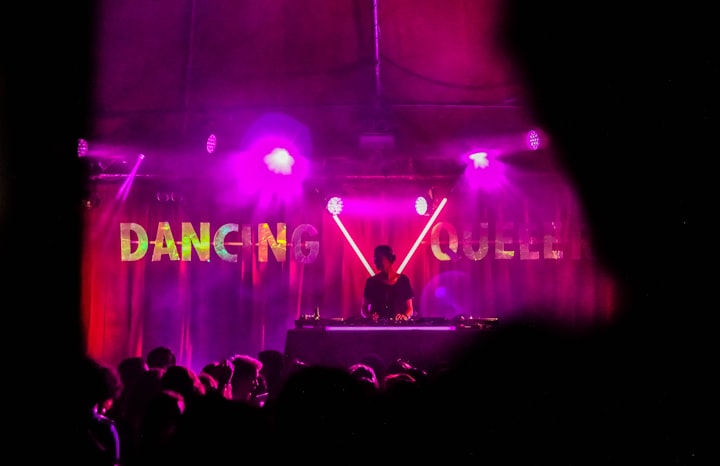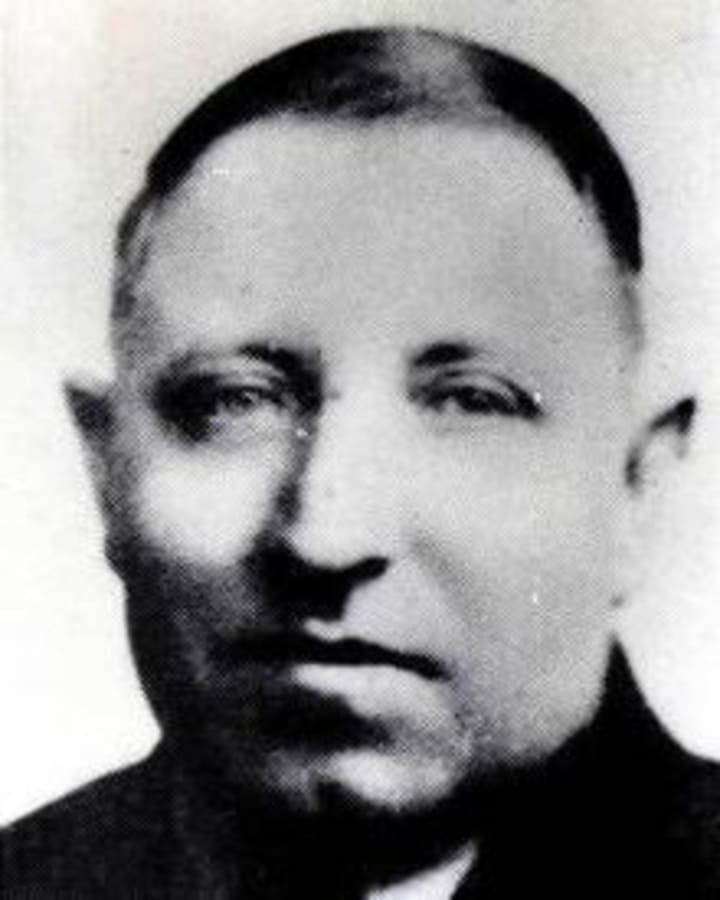LGBTQ+ Music is History
Queer Liberation has always been present in music, but it didn't start in 1970.

This month marks the 51st anniversary of the first Pride march. That's true.
But we didn't start living authentically in 1970. We started that long before there were protests that blanketed the streets of New York City. As a matter of fact, three years before Stonewall, a riot in San Francisco led by trans women and drag queens erupted at Compton's Cafeteria in response to constant police violent against the community.
Did you know, however, that the first LGBTQ+ organization in the United States was founded in 1924?
During his service in the US armed forces, Henry Gerber was stationed in Germany. There, he saw the work of Magnus Hirschfeld, a physician and sexologist with a Berlin-based practice. Hirschfeld was an outspoken advocate for sexual minorities, and he founded the Scientific-Humanitarian Committee and World League for Sexual Reform.

Back in the United States, Gerber started The Society for Human Rights. Only a few days after it started, upon the dissemination of the Society's newsletter, Gerber was arrested. Clearly a retaliation against his queerness. Gerber never stopped fighting for human rights and he went on to inspire others.
Others like Harry Hay, who founded the Mattachine Society in 1950. Shortly after that, in 1955, Phyllis Lyon and Del Martin started Daughters of Bilitis. Yes, during what is known as the homophile era, there were hundreds of organizations serving the LGBTQ+ community.
It's unfair and inaccurate to suggest that it all started in 1969 in Greenwich village. There's a rich history flush with diversity and passion that must be acknowledged. This is not a new movement. Fighting for equality is as old as humanity itself.
This video From NextDayBetter introduces the history of the LGBTQ+ community:
But all this history has a soundtrack. It was pumping in the hearts and fists of the LGBTQ+ people fighting for liberation.
Songs like Ma Rainey's Black Bottom or Gladys Bentley's Big Gorilla Man. You can see Ma Rainey's story in the Netflix film with the same title, and for more about Gladys Bentley, check out this beautiful animation from Unladylike2020.
Take your pick from Cole Porter's songbook. And Sister Rosetta Tharpe, who inspired Elvis, was queer. Then Liberace and Little Richard were playing and singing their big 0l' queer hearts out.
All of this was before the first Pride march. That's right! An incredible history of LGBTQ+ music before any major protests ever occurred.
Then, something magical happened. As Marsha P. Johnson, Sylvia Rivera, Miss Major Griffin-Gracy, and other marched in the streets, the world began, at a painfully slow rate, to accept LGBTQ+ musicians, singers, and songwriters.
This playlist is by no means exhaustive. But it is mean to introduce some of my favorite music to listen to during Pride (aka, all year long). The beginning of the playlist is all LGBTQ+ artists. Then, towards the end of the list, we get to some divas that aren't necessarily LGBTQ+ but are celebrated within the community.
This playlist lives on VideoOut's Spotify. That's the nonprofit I work for, and we'd love to know what we left off. Let us know in the comments.
If I am lucky enough to win the Pride Playlist Challenge, I'm donating the prize to VideoOut. If I don't win, I hope you enjoy the music just the same. And most importantly, I hope you dance as your most authentic self, recognizing that a lot of people fought for you to have that joy and privilege.
As always, if you need anything, reach out to VideoOut anytime: [email protected].
About the Creator
Jordan Reeves
Hi! I’m queer trans non-binary (they/she/he). In 2016, I started VideoOut where I've filmed 400 LGBTQ+ stories and worked with Hulu, Verizon, P&G, and AARP to create inclusive content. I started VOE to tell queer stories on TV and in film.






Comments
There are no comments for this story
Be the first to respond and start the conversation.